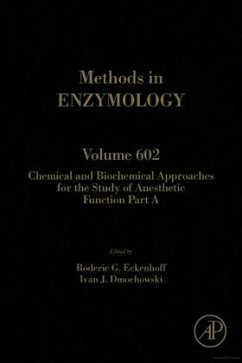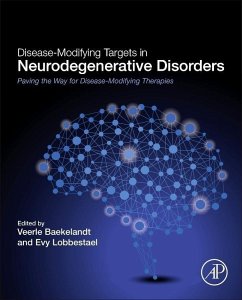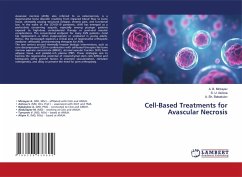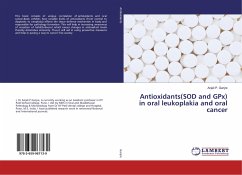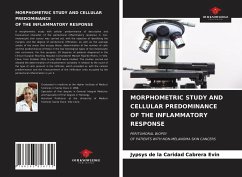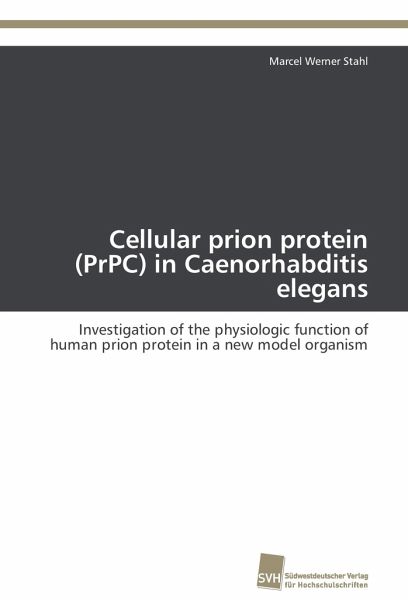
Cellular prion protein (PrPC) in Caenorhabditis elegans
Investigation of the physiologic function of human prion protein in a new model organism
Versandkostenfrei!
Versandfertig in 6-10 Tagen
46,99 €
inkl. MwSt.

PAYBACK Punkte
23 °P sammeln!
Cellular prion protein (PrPC) is a conserved glycoprotein predominantly being expressed in neurons, glial and lymphatic cells. While the pathology of prion diseases based on the misfolded Scrapie prion protein (PrPSc) is well understood, the physiologic function of PrPC remains enigmatic. Therefore, its much debated function in oxidative stress resistance was further investigated by expressing human PrPC in Caenorhabditis elegans (C. elegans). Both under non stressful conditions and under Paraquat exposure, a producer of superoxide anions, nematodes expressing PrPC had a significant increase i...
Cellular prion protein (PrPC) is a conserved glycoprotein predominantly being expressed in neurons, glial and lymphatic cells. While the pathology of prion diseases based on the misfolded Scrapie prion protein (PrPSc) is well understood, the physiologic function of PrPC remains enigmatic. Therefore, its much debated function in oxidative stress resistance was further investigated by expressing human PrPC in Caenorhabditis elegans (C. elegans). Both under non stressful conditions and under Paraquat exposure, a producer of superoxide anions, nematodes expressing PrPC had a significant increase in lifespan and stress resistance. Interactions with established C. elegans stress pathways were excluded. However, expression of PrPC showed no effect in handling other stressors like hydrogen peroxide, heat and copper ions intoxication. Further testing showed Paraquat resistance being SOD-1 (superoxide dismutase) dependent. However, advantageous resistance of PrPC strains is only achieved via SOD-4 and SOD-5 expression, therefore strongly suggesting that additional resistance of PrPC strains is caused by SOD-1 overexpression, regulated by the potential regulator enzymes SOD-4 and SOD-5.



